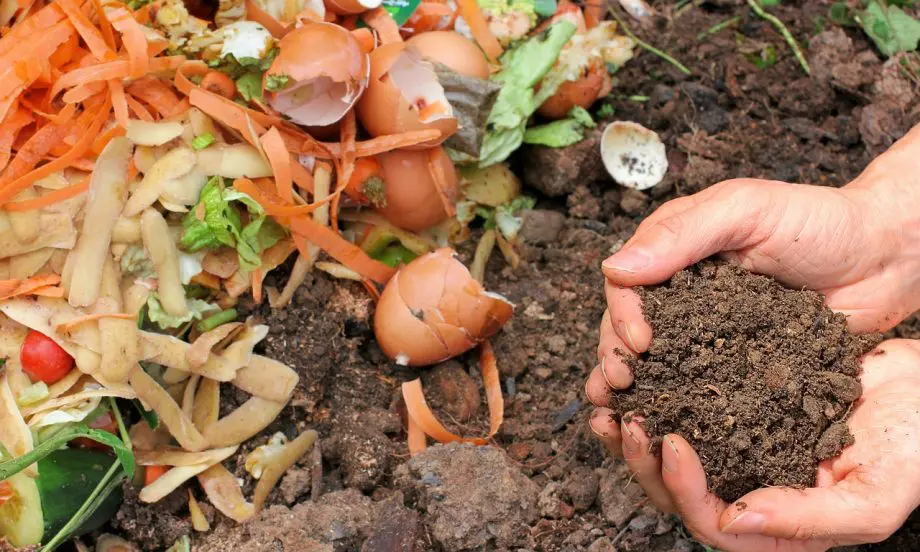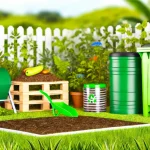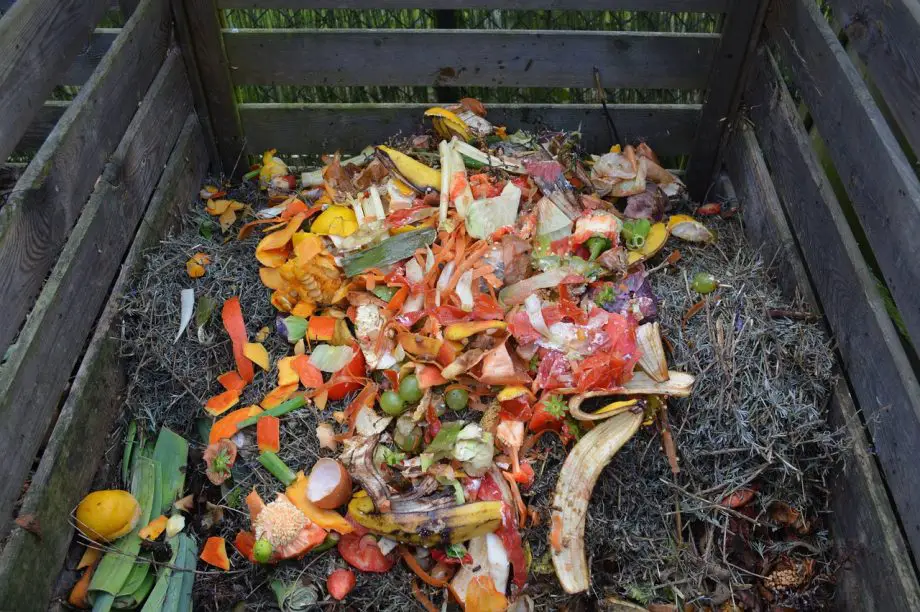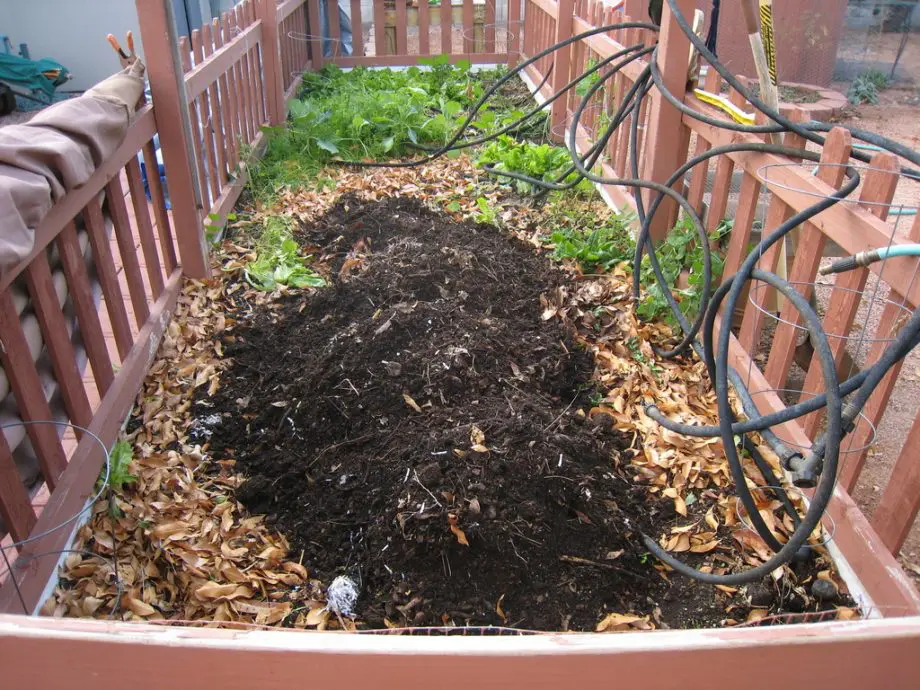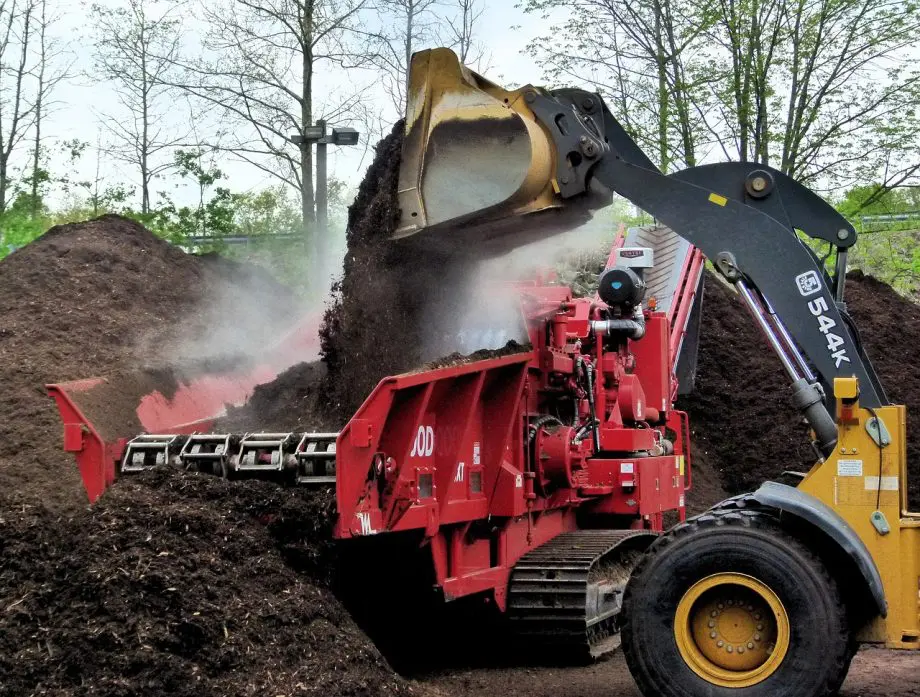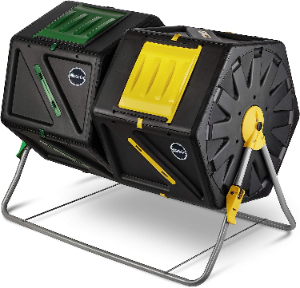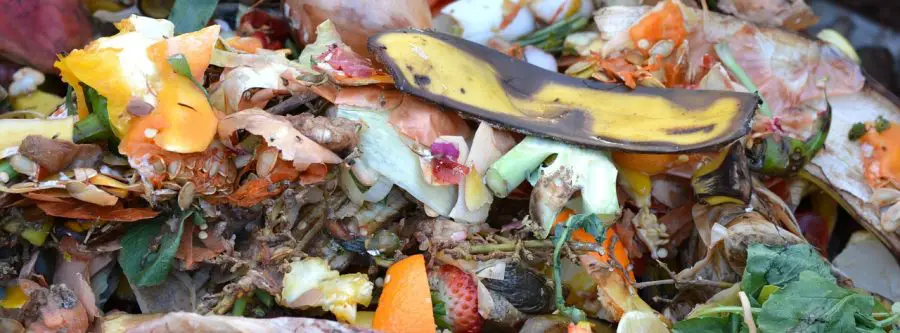
Discover the secrets of composting and what not to compost and why. Plus some surprising things you can add. Learn to compost right and make your garden thrive!
Ever wondered about the do’s and don’ts of composting? Well, you’re in the right place!
In our journey to create the perfect compost for our gardens, we often stumble upon the question ‘What not to compost and why?’
It’s not just about what we can compost, but also about what we shouldn’t. Let’s dive in and unravel the mystery together!
What Not to Compost and Why
Welcome to our comprehensive guide on what not to compost and why.
We’re going to explore the ins and outs of composting, debunk some common misconceptions, and delve into the specifics of what items should stay out of your compost pile.
We’ll also discuss the environmental impact of non-compostable items and answer some frequently asked questions.
By the end of this post, you’ll be well-equipped to create a thriving compost pile that’s both eco-friendly and beneficial for your garden. Let’s get started!
Importance of Composting
Composting is like magic for your garden. It’s a fantastic way to recycle kitchen and garden waste into nutrient-rich food for your plants.
But it’s not just about creating a free source of high-quality fertilizer.
Composting also helps to reduce the amount of waste going to landfills and cuts down on the methane gas produced when organic matter decomposes in a landfill.
Plus, it’s a fun and rewarding project that gets you outside and helps you connect with nature.
So, composting isn’t just good for your garden, it’s good for the planet too!
Brief Overview of What Not to Compost and Why
While composting is a great way to recycle, it’s important to remember that not everything belongs in your compost pile.
Some items, like meat and dairy products, can attract pests and create unpleasant odors.
Others, like certain types of plants and paper products, can introduce harmful chemicals or slow down the composting process.
In this post, we’ll delve into the specifics of what not to compost and why, helping you to create a compost pile that’s both effective and safe.
So, let’s get into the nitty-gritty of composting do’s and don’ts!
Understanding Composting

Ready to become a composting guru? In this section, we’re going to demystify the art of composting.
We’ll start by explaining what composting is all about, then we’ll delve into the many benefits it offers, and finally, we’ll walk you through the composting process step-by-step.
Whether you’re a seasoned gardener or just starting out, understanding the basics of composting is the first step towards creating a thriving, eco-friendly garden.
So, let’s jump right in and start our composting adventure!
You can find compost bins on Amazon.
What is Composting?
Composting, at its core, is nature’s way of recycling.
It’s a natural process that turns organic material like leaves, vegetable scraps, and grass clippings into a nutrient-rich soil conditioner, often referred to as ‘black gold’.
This process is carried out by billions of tiny decomposers (microorganisms) that break down organic material into simpler substances.
The result is compost, a dark, crumbly substance that smells like a forest floor and is great for enriching garden soil.
Benefits of Composting
The benefits of composting are numerous. For starters, it enriches the soil, helping to retain moisture and suppress plant diseases and pests.
It also reduces the need for chemical fertilizers, encouraging the production of beneficial bacteria and fungi that break down organic matter to create nutrient-dense soil.
But the benefits aren’t just for your garden. Composting also reduces methane emissions from landfills and lowers your carbon footprint.
It’s a win-win for you and the environment!
The Composting Process
The composting process might seem complex, but it’s actually quite simple.
It involves four main components: green materials (like vegetable scraps, coffee grounds, and fresh grass clippings) that provide nitrogen, brown materials (like dry leaves, straw, and paper) that provide carbon, water, and air.
The green and brown materials are layered in a compost bin or pile, and with the right balance, moisture, and aeration, the microorganisms get to work breaking down the material into compost.
It’s a bit like baking a cake. You need the right ingredients in the right amounts, a bit of time, and some patience.
But instead of a delicious dessert, you end up with a fantastic soil amendment for your garden!
Common Misconceptions about Composting

Composting is a pretty straightforward process, but it’s not without its fair share of myths and misconceptions.
Some people think it’s too complicated, and others worry about bad smells or attracting pests.
In this section, we’re going to set the record straight and debunk some of the most common misconceptions about composting.
By clearing up these misunderstandings, we hope to make composting more approachable and less intimidating.
So, let’s dive in and separate the composting facts from fiction!
Misconception 1: Composting is Complicated
One of the most common misconceptions about composting is that it’s a complex process that requires a lot of time and effort.
But the truth is, nature does most of the work for you! All you need to do is provide the right ingredients (greens and browns), keep the pile moist, and turn it occasionally to let in air.
It’s as simple as that. With a little patience, you’ll have rich, nutrient-dense compost ready for your garden.
Misconception 2: Composting Smells Bad
Many people worry that a compost pile will stink up their yard. But a properly maintained compost pile should not smell bad.
Unpleasant odors usually arise when the compost pile is not balanced, such as when there are too many green materials (like kitchen scraps) and not enough brown materials (like leaves or straw).
By maintaining a good balance and turning your compost regularly, you can keep it smelling earthy and fresh.
Misconception 3: Composting Attracts Pests
Another common misconception is that compost piles attract pests.
While it’s true that compost piles can attract some critters, this is usually due to composting inappropriate items like meat, dairy, or oily foods.
These items can attract rodents and other pests. However, if you stick to composting plant-based materials and maintain your compost pile properly, it should not attract any unwanted visitors.
What Not to Compost and Why
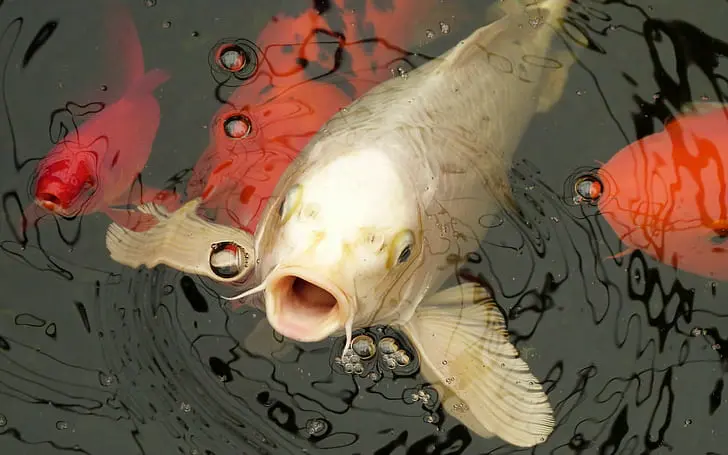
Knowing what to compost is important, but understanding what not to compost is equally crucial.
Some items might seem compostable but can actually cause problems in your compost pile or pose risks to your garden’s health.
In this section, we’ll delve into the specifics of what items should stay out of your compost pile and why.
From kitchen scraps to garden waste, we’ll cover it all. So, let’s get into the details and ensure your compost pile is as healthy and effective as it can be!
Meat, Fish, and Bones
While it might seem like a good idea to compost meat, fish, and bones since they’re organic materials, it’s actually best to leave them out of your compost pile.
These items decompose slowly and can attract pests like rodents and flies.
Plus, they can produce a foul odor as they break down, which isn’t something you want wafting through your backyard.
Dairy, Fats, and Oils
Dairy products, fats, and oils are other items to avoid in your compost.
Like meat and fish, they can attract pests and create unpleasant smells.
They also have a tendency to create a greasy layer in your compost pile that can hinder the composting process by creating a barrier that prevents air and moisture from circulating properly.
Plants or Wood Treated with Pesticides or Preservatives
Composting plants or wood that have been treated with pesticides or preservatives can introduce harmful chemicals into your compost.
These chemicals can kill the beneficial microorganisms that are essential for the composting process and can also end up in your garden soil, potentially harming your plants.
Black Walnut Tree Debris
Black walnut trees produce a substance called juglone, which is toxic to many plants.
Composting leaves, twigs, or nuts from black walnut trees can introduce juglone into your compost, which can then harm sensitive plants when you use the compost in your garden.
Plastic or Plastic-Coated Products
Plastic doesn’t break down in a compost pile and can introduce microplastics into your compost, which are harmful to the environment.
This includes plastic-coated products like certain types of paper plates or cups.
Bioplastics and Styrofoam
While bioplastics are designed to be more environmentally friendly than regular plastics, they typically require industrial composting facilities to break down and should not be added to home compost piles.
Styrofoam also doesn’t break down in compost and can create small pieces that are difficult to remove.
Highly Acidic Foods, Oils, and Greasy Food
Highly acidic foods like citrus fruits can lower the pH of your compost pile, which can hinder the composting process.
Oils and greasy foods can create a greasy layer that hinders aeration and moisture circulation, much like dairy products, fats, and oils.
Pet and Human Waste
While manure from herbivorous animals like cows and horses can be composted, pet and human waste should not be added to compost piles.
These wastes can contain harmful pathogens that can be dangerous to humans.
Glossy or Coated Paper
Glossy or coated paper often contains chemicals and inks that can be harmful to the composting process.
While plain, uncoated paper can be composted, it’s best to avoid glossy magazines, coated paper plates, and similar items.
Sticky Labels on Fruits
Those little stickers on fruits might seem insignificant, but they’re actually made of plastic and don’t break down in compost.
It’s a good habit to remove these stickers before composting any fruit scraps.
Unexpected Items You Can Compost
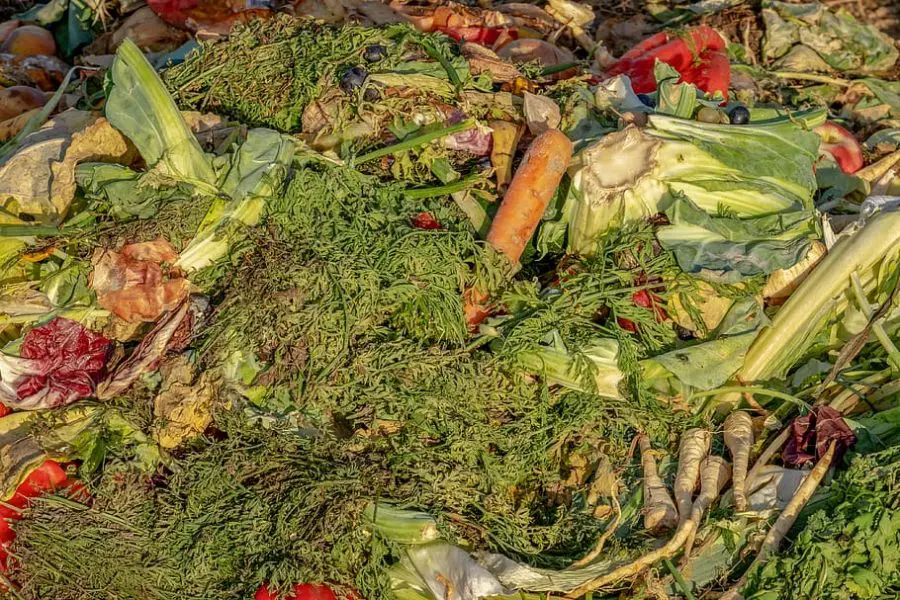
Now that we’ve covered what you shouldn’t compost, let’s switch gears and talk about some surprising items that are compost-friendly.
There’s a wide array of waste products that you might not have considered compostable, but they can be safely added to your compost bin.
Just make sure these items are free from any of the non-compostable materials we discussed earlier.
Here’s a list of some unexpected compostable items:
• Hair and fur
• Lint from your dryer
• Plants from your aquarium
• Waste from home brewing, such as spent hops and malt
• Used paper napkins and paper towels
• Expired herbs and spices
• Unpopped kernels or burned popcorn
• Small pieces of cardboard and uncoated paper plates
• Wooden chopsticks and toothpicks
These items can all contribute to a healthy, nutrient-rich compost pile. So, next time you’re about to throw these away, think twice and consider composting them instead!
The Impact of Non-compostable Items on the Environment
Now that we’ve covered what not to compost, let’s delve into why it matters.
Non-compostable items can have a significant impact on the environment, and not in a good way.
In this section, we’ll explore how these items affect soil health, wildlife, and even our own health.
Understanding these impacts can help us make more informed decisions about what we put in our compost piles.
So, let’s dive in and discover why it’s so important to compost responsibly!
Impact on Soil Health
Non-compostable items can have a detrimental effect on soil health.
For example, composting materials treated with pesticides or other chemicals can introduce these harmful substances into your compost.
When this compost is added to your garden, these chemicals can harm the beneficial microorganisms in the soil that help plants absorb nutrients.
Additionally, items like plastic or styrofoam can break down into microplastics, which can contaminate the soil and make it less fertile.
Impact on Wildlife
Wildlife can also be affected by non-compostable items.
For instance, small pieces of plastic or other non-degradable materials can be ingested by birds or other wildlife, causing harm or even death.
Furthermore, compost piles containing inappropriate items like meat or dairy can attract pests, disrupting local wildlife populations and potentially leading to an imbalance in your local ecosystem.
Impact on Human Health
The impact of non-compostable items can extend to human health as well.
Composting pet or human waste can introduce harmful pathogens into your compost, which can then be transferred to your garden and potentially contaminate your homegrown fruits and vegetables.
Similarly, composting plants or wood treated with harmful chemicals can lead to these substances being absorbed by your plants, posing a risk to anyone who consumes them.
Therefore, it’s crucial to compost responsibly to protect not just the environment, but our health as well.
What Not to Compost and Why FAQs
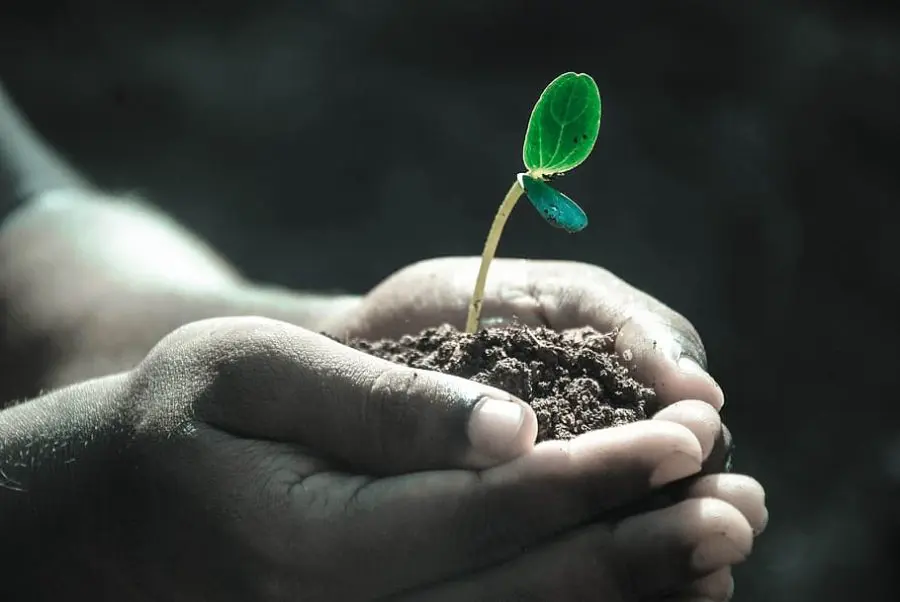
Composting can bring up a lot of questions, especially for beginners. But don’t worry, we’ve got you covered!
In this section, we’ll tackle some of the most frequently asked questions about composting.
From what you should avoid putting in your compost pile to whether you can compost common items like banana peels and egg shells, we’ll provide clear, concise answers to help you on your composting journey.
So, let’s get those burning questions answered!
Q: What should you not put in the compost?
A: There are several items you should avoid putting in your compost.
These include meat, fish, and bones; dairy products, fats, and oils; plants or wood treated with pesticides or preservatives; black walnut tree debris; plastic or plastic-coated products; bioplastics and Styrofoam; highly acidic foods, oils, and greasy food; pet and human waste; glossy or coated paper; and sticky labels on fruits.
These items can attract pests, create unpleasant odors, slow down the composting process, or introduce harmful substances into your compost.
Q: Can you compost banana peels?
A: Yes, you can compost banana peels. They are a great source of potassium and other minerals and will break down fairly quickly in a compost pile.
However, it’s a good idea to cut or tear them into smaller pieces to help them decompose faster.
Q: Can you compost egg shells?
A: Absolutely! Egg shells are a great addition to a compost pile.
They provide a good source of calcium, which plants need to grow.
It’s best to crush the egg shells before adding them to your compost pile to help them break down faster.
Q: Can onion go in compost?
A: Yes, you can compost onions. However, they can potentially attract pests and create strong odors as they decompose, so it’s best to bury them deep in your compost pile.
Also, be aware that onions are slightly acidic, so adding a lot of them to your compost could potentially affect its pH balance.
What Not to Compost and Why Final Thoughts
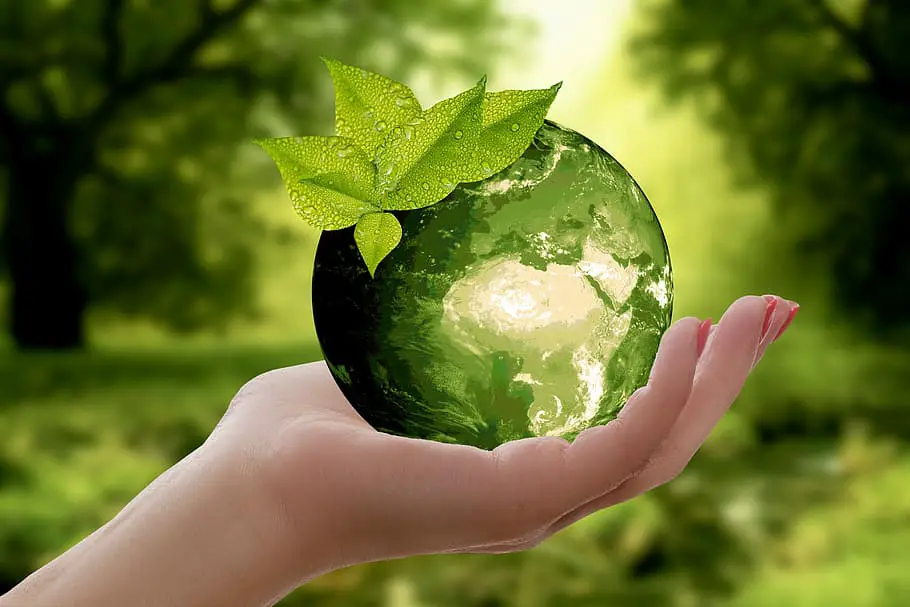
We’ve covered a lot of ground in this post, from understanding the basics of composting to debunking common misconceptions and discussing what not to compost and why.
As we wrap things up, we’ll recap the key points and provide some final thoughts on the importance of composting responsibly.
Whether you’re a seasoned composter or just getting started, we hope this guide has provided valuable insights to help you on your composting journey.
So, let’s bring it all together and look at the big picture!
Recap of Key Points
We’ve learned a lot about composting in this post. We started by understanding that composting is a natural process that turns organic material into a nutrient-rich soil conditioner.
We discussed the many benefits of composting, including enriching the soil, reducing the need for chemical fertilizers, and reducing methane emissions from landfills.
We also debunked some common misconceptions about composting, such as the idea that it’s complicated, smelly, or attracts pests.
Most importantly, we delved into what not to compost and why, discussing items like meat, dairy, treated wood, certain types of paper, and more.
We also explored the impact of non-compostable items on soil health, wildlife, and human health.
Encouragement for Proper Composting Practices
As we conclude, we want to encourage you to continue (or start!) composting responsibly.
Remember, composting is not just about what you can compost, but also about what you shouldn’t.
By avoiding non-compostable items and maintaining a balanced compost pile, you can create a nutrient-rich compost that’s beneficial for your garden and the environment.
So, keep composting, keep learning, and keep making a positive impact on our planet. Happy composting!


